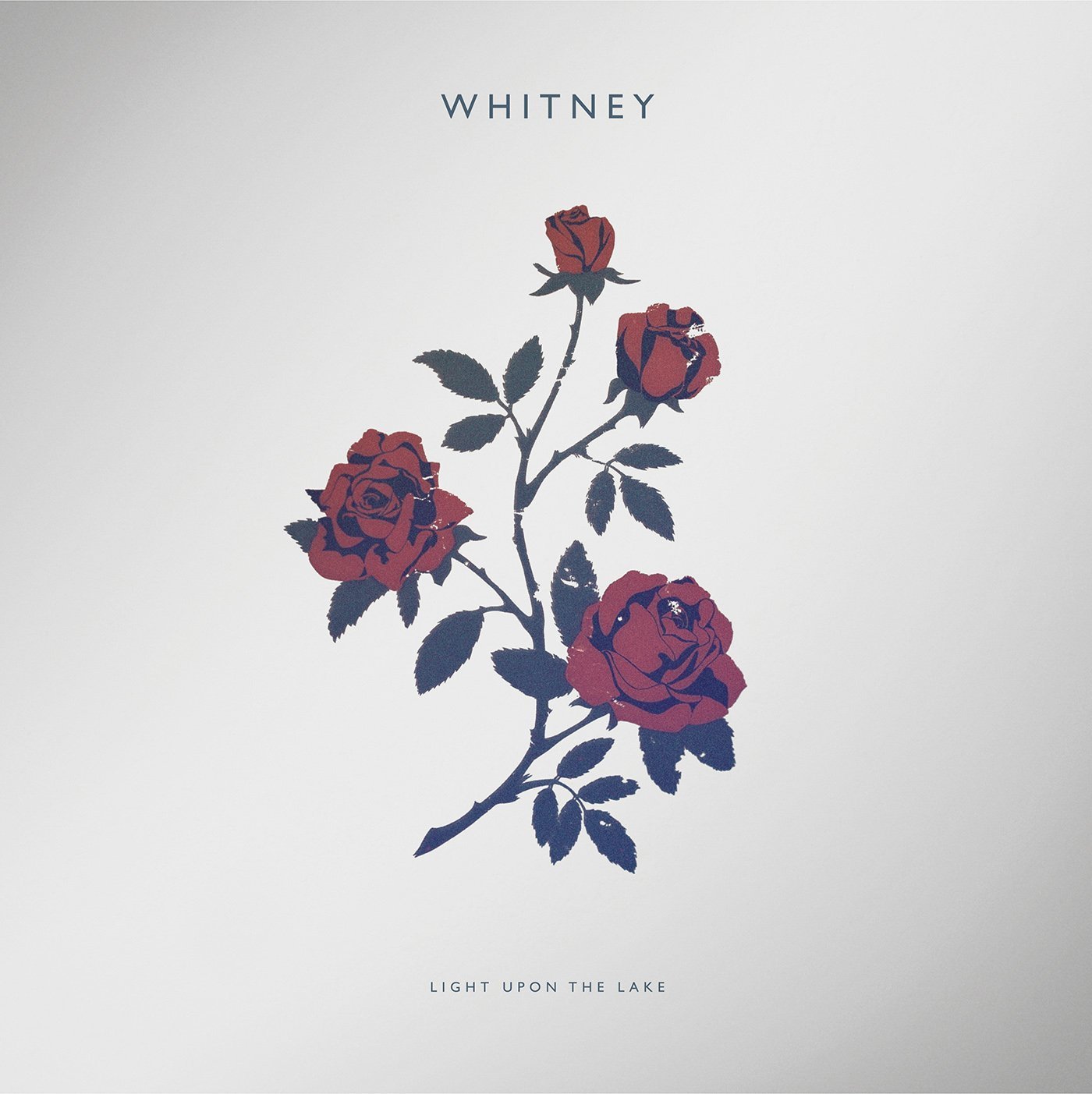Christening the moniker of your band as the same first name (and debut album) of a late soul superstar is a gamble. Not only does it make it difficult for potential admirers to discover the group’s music on a search engine but there’s added pressure to stand out and re-define an identity associated with a music goddess. However, Chicago nostalgic indie outfit Whitney have a rationale. Firstly, they weren’t aiming to attract attention, merely baking songs for their own self-indulgence and close friends based on music that they love listening to – specifically roots rockers The Band. It’s noticeable in their 1970’s mellow folk rock meets country twang sound, which is reminiscent of the way Ariel Pink and Diane Coffee embrace that decade with maturity and fandom.
Secondly, at the beginning of their formation, roommates and founders of Whitney, Julien Elrich and Max Kakachek adopted a 3rd person female persona to hide behind, as they narrated their reflective thoughts during a particularly turbulent and confusing time. Debut Light Upon The Lake is a record that attempts to encapsulate transition, vulnerability and collapse. After the termination of their previous band, T-Rex glam rock-inspired Smith Westerns, lead vocalist/drummer Elrich and guitarist Kakachek also happen to face difficult relationship conclusions, resulting in the duo using new project Whitney as a platform to express their shared experience of disappointing ends. From the titles like ‘On My Own’, the theme is evidently clear. The lyrics in the mnemonic ‘Golden Days’ (check out the historic reel-to-reel in the video) evoke post-break up disarray: “It’s a shame I can’t get it together now” and ‘Polly‘ includes the sombre: “in the past you left me with no heart,” and “I lie awake in all kinds of darkness“.
Furthermore ‘No Matter Where We Go’, ‘No Woman’ and ‘Follow’ paint the protagonist travelling endlessly and without direction as a method of self-healing – like a passenger staring out of train window in deep thought. Kakachek’s cloudy lonely voice – slightly like a higher pitched Jose Gonzalez or belonging to the lo-fi scene – helps permit this humble sympathy. Despite this the music feels ultimately hopeful, through the inclusion of over arching and charming trumpet (the best characteristic of the LP), the album’s metaphorical title and a communal spirit rather than lonesome one with it’s hinted moments of bluesy jamming including the bridge on ‘Dave’s Song’ and the instrumental experiment ‘Red Moon’. Although the short length of those songs make it hard to fully immerse.
Despite being a pleasant album to relax to in a summer afternoon in June, Whitney’s cliched concept and lack of unique sound will make it hard them to stand on their own two feet away from the name complexities.




